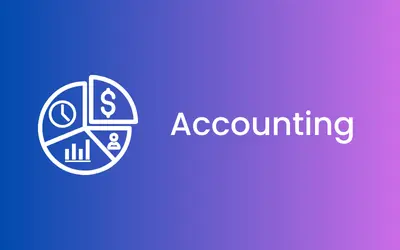Financial Statement Analysis: Master the skills to interpret and analyze financial statements, including balance sheets, income statements, and cash flow statements, to assess the financial health and performance of organizations.
Managerial Accounting: Gain insight into cost analysis, budgeting, and performance evaluation techniques used by managers to make informed decisions and optimize resource allocation within organizations.
Investment Analysis: Learn how to evaluate investment opportunities, analyze risk-return trade-offs, and construct diversified investment portfolios tailored to individual or institutional objectives.
Corporate Finance: Explore principles of capital budgeting, capital structure, and dividend policy, understanding how financial decisions impact the value of firms and their stakeholders.
Auditing and Assurance: Understand the role of auditors in ensuring the reliability and integrity of financial information, examining auditing standards, procedures, and ethical considerations.
Taxation: Develop a comprehensive understanding of tax laws and regulations, including income tax, corporate tax, and international tax issues, to effectively manage tax liabilities and compliance for individuals and businesses.
Financial Modeling: Acquire proficiency in building financial models using spreadsheet software, incorporating forecasting, valuation, and scenario analysis techniques to support decision-making and financial planning processes.
Risk Management: Explore strategies for identifying, assessing, and mitigating financial risks, including market risk, credit risk, and operational risk, to safeguard organizations against adverse events and uncertainties.
International Finance: Examine the complexities of global financial markets and multinational business operations, addressing topics such as foreign exchange markets, international trade finance, and cross-border investment strategies.
Ethics and Professionalism: Consider ethical issues and professional standards in finance and accounting practice, emphasizing integrity, transparency, and accountability in financial reporting, decision-making, and stakeholder relations.










